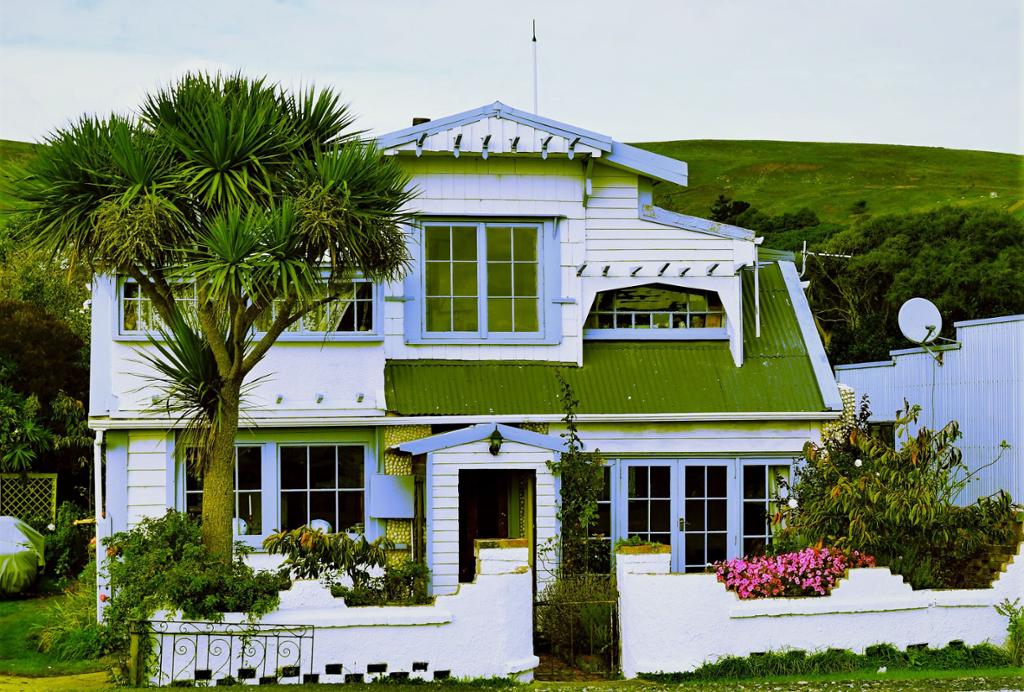The New Zealand Housing Crisis

In September 2021, the Real Estate Institute of New Zealand published numbers showing that the average national house price was eight times the annual household income.
Because of the high house prices, the cost of renting has also risen. In the last ten years the cost of renting has increased by 37% according to Statistics New Zealand. This means that some people cannot afford a place to live, even when they have a steady job. 1% of the population are homeless, which is higher than 35 of the 38 OECD countries. By comparison, Norway has a homelessness rate of 0.07% of the population.
Young people in New Zealand find that they are outside the housing market, unless they have family wealth that can help them secure a loan. Rural areas have lower housing costs, but also fewer employment opportunities.
There are several reasons for the rise in property prices in New Zealand. Investing in property has proven to be safer than shares, especially after the global financial crisis of 2007-2008 as investors have preferred to invest in property. However, investment in property has not been taxed by the government, and legislation to keep interest rates in check have also made investments in property an attractive option.
Home ownership is an ideal in New Zealand, and often emphasised by politicians as a means to secure a peaceful and stable democracy. Former Prime Minister Norman Kirk once stated: 'All Kiwis want is someone to love, somewhere to live, somewhere to work, and something to hope for.'
In recent years, more rental properties have been built than properties for home ownership. At the time of writing (2022), home ownership has dropped to the lowest it has been since the 1950s, with just 65% of New Zealanders owning their own homes. By comparison, home ownership in Norway is just over 80%.
New Zealand has always prided itself on being a society of equals. The high housing costs drive the development towards more social inequality. For those who already own a home, it is easier to procure a loan to buy another house, as the first home can be used as security for the loan. Investing in property is seen as safe and profitable, but more people owning second, third, or more houses, means there are fewer properties available for first-time buyers.
The government has attempted to implement cooling measures to curtail the rise in housing prices. One example is that foreign investors are not allowed to purchase existing homes, they can only buy new builds. The government has also introduced the so-called 'bright-line test' on property. The bright-line test is a way to tax the financial gains people make when they buy and sell a house to make money. If a property is sold within five years of buying it, the profits will be taxed.
When the Labour Party formed a coalition government led by Prime Minister Jacinda Ardern in 2017, many hoped that substantive measures would be implemented to make homes more affordable. For a long time, Labour had wanted to institute a capital gains tax, which is a tax on the profits made from selling an investment. Labour also promised to commence Kiwibuild; a project to create 100,000 affordable homes in ten years. However, both the capital gains tax and Kiwibuild have since been scrapped.
One measure the coalition government did implement was to increase student allowances by 50 New Zealand dollars per month. This initiative was initially applauded, but it soon turned out that the landlords simply increased the rent when they knew the students had more to spend.
A challenge when it comes to curtailing skyrocketing housing prices is that once someone has bought a property it is in their interest that prices continue to rise. It is therefore hard for a government to win widespread support for making substantive changes that will bring housing prices down.
The Reserve Bank of New Zealand predicts that housing prices may start to drop in 2022, and that prices will decline by about five percent by 2024. The bank is worried that the prices that houses are bought and sold for in New Zealand are unnaturally high, and therefore consider it likely that the market will correct itself. The worry is that the market will crash rather than simply adjust itself to a more reasonable level.
Relatert innhold
Tasks related to the resource The New Zealand Housing Crisis.